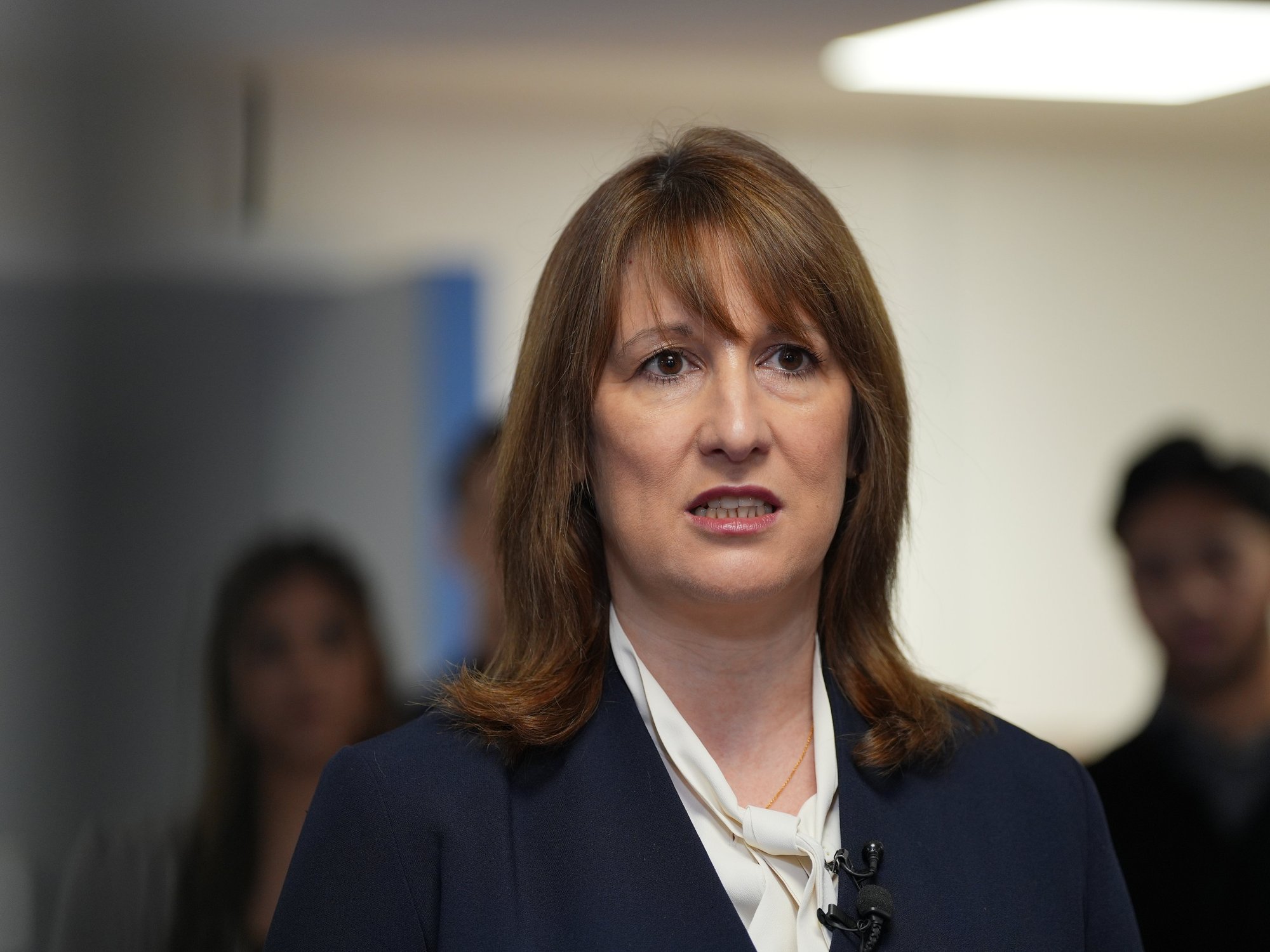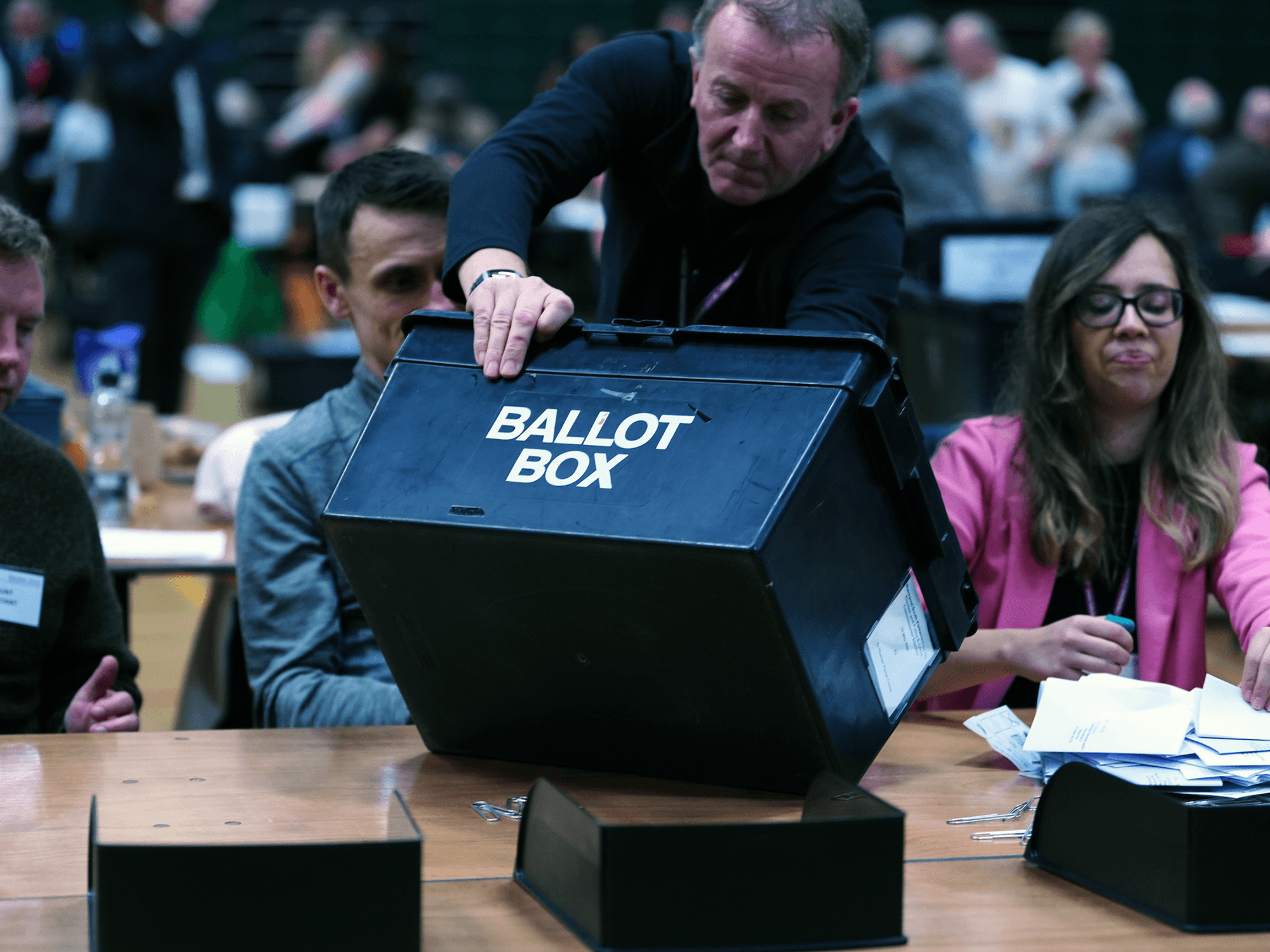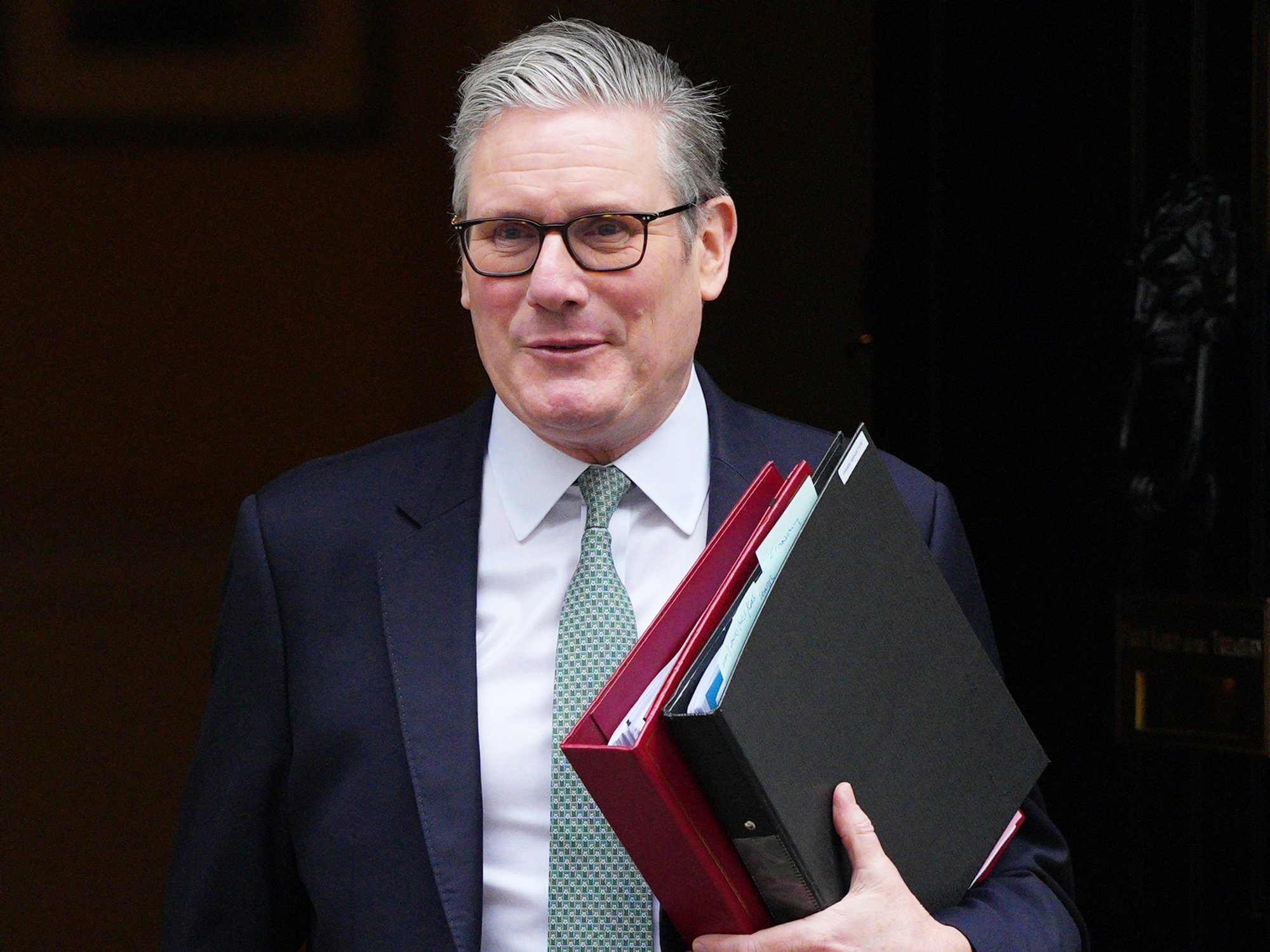BBC risks slipping into irrelevance as new report warns broadcaster facing double threat over alienating viewers
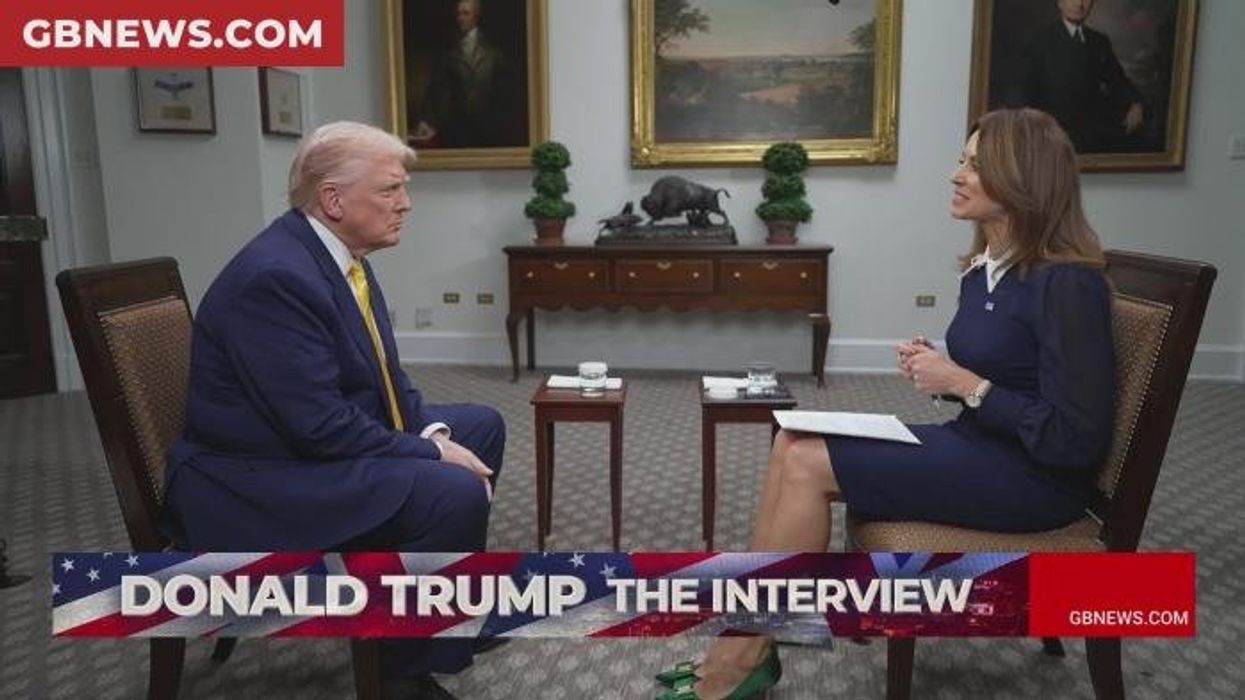
Donald Trump blasts ‘CORRUPT’ BBC as he vows to take broadcaster to court - ‘I have an obligation!’ |
GB NEWS

The report also found the broadcaster is missing out on £1.1billion from licence fee dodgers
Don't Miss
Most Read
Trending on GB News
The BBC is at risk of fading into obscurity and irrelevance after a new report found only half of young people feel the broadcaster "reflects them" while older generations risk being alienated by its digital focus.
In a time of "intense competition for attention", the House of Commons Public Accounts Committee (PAC) found "younger audiences are choosing other media providers" compared to the BBC.
The new report indicates the "BBC's mission to 'serve all audiences' is under pressure".
"Only a little over half (51 per cent) of younger people feel the BBC reflects them," the PAC report revealed.
TRENDING
Stories
Videos
Your Say
On the other hand, the committee found the BBC's digital-first strategy, by shifting to platforms like TikTok, risked "alienating" older audiences who are not as tech-savvy.
The report found: "As younger viewers turn to other platforms and older or less digitally connected audiences risk being left behind, the BBC's ability to serve all audiences, a core part of its public mission, is under pressure.
"Just 51 per cent of younger people feel the BBC reflects them, and their overall use of BBC services, whether TV, radio or online, is significantly lower than other age groups.
"With audiences now able to access an unprecedented range of content from a variety of providers, the BBC faces intense competition for attention.
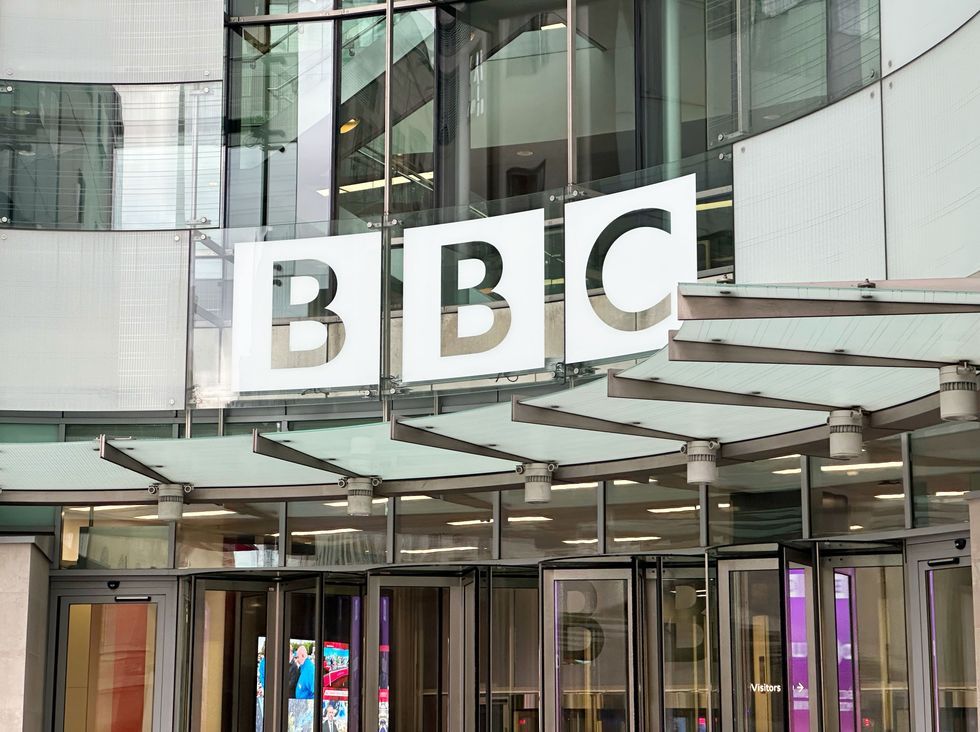
The BBC is losing the younger generation while it also risks 'alienating' non digital-first audiences
| GETTY"Its digital-first strategy is an important response, and there are promising signs of innovation, such as using platforms like TikTok to share news content with new demographics.
"However, this shift also carries a risk: those without reliable digital access could find themselves excluded from core BBC services.
"Ensuring access across all platforms is essential if the BBC is to remain a universal public service."
The PAC went on to recommend the BBC "set out clearly in its response to this report how it will ensure access and engagement with all audiences, including innovation in digital access."
In addition, the report found that while the broadcaster is a trusted institution among Britons, its relevance across the UK is under pressure after it axed multiple local services by sharing programmes between stations.
LATEST DEVELOPMENTS:
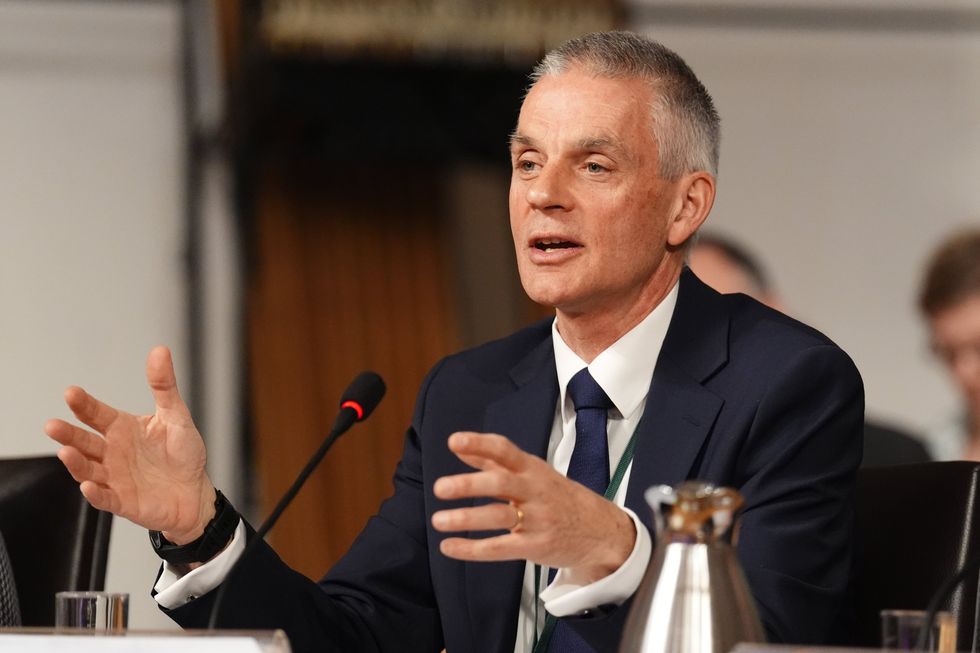
Director-General Tim Davie recently resigned from the BBC
| PADefund BBC Campaign Director Rebecca Ryan told GB News the report "confirms what we've been saying for years".
"The BBC is losing the trust of younger audiences because it simply doesn’t reflect the country anymore," she said.
"Young people aren’t confused or misguided - they’re making a rational choice.
"They’re choosing platforms where content is plural, modern, and responsive, not a legacy broadcaster that still behaves like a monopoly.
"Only half of younger viewers feeling represented is a glaring indictment of the BBC’s culture.
"Instead of addressing that, the organisation has doubled down on a confused 'digital-first' strategy - desperately chasing TikTok trends while alienating older, non-digital audiences who still rely on traditional broadcasting.
"It’s not a strategy; it’s panic dressed up as innovation."
Ms Ryan said the BBC was "deeply troubled" at the moment, which has seen the last year filled with "scandal after scandal (and) plummeting public confidence, internal chaos, and now collapsing engagement from the very audiences they claim to be prioritising".
PAC Chair Sir Geoffrey Clifton-Brown MP said the organisation was "under severe pressure".
"Its own founding aspiration to be a truly universal broadcaster reflecting all its viewers means that this pressure, from both within and without, is inherent in its mission.
"Our report offers a snapshot of the BBC’s efforts to deliver value for money as it seeks to thrive in an increasingly fragmented media landscape, and illustrates the tensions it must navigate in multiple areas of its business – in efficiently collecting the licence fee; in providing that universal service; in staying relevant to its audiences."
The report has also found the broadcaster "is not doing enough to enforce collection of the licence fee".
"If the collection and enforcement of the licence fee is not modernised, the BBC risks compliant fee payers questioning the fairness of the system," the report said.
"While licence fee enforcement has traditionally relied on household visits, this approach is becoming less effective.
"Officers made 2 million visits to unlicensed homes in ’24’-’25 - a 50 per cent increase on the previous year - but this has not translated into higher sales or successful prosecutions."
The BBC told the PAC it had become harder to get people to answer the doors compared to half a decade ago as the committee found that "licence fee evasion and households not purchasing a licence together represented over £1.1billion potential lost income in '24-25".
Mr Clifton-Brown MP said the "ground is shifting beneath the BBC's feet".
He said that without the modernised approach "focused on online viewing" the faith in the licence fee will "ebb away".
Ms Ryan told the People's Channel the solution for the broadcaster to regain people's trust "isn't more gimmicks or platform-hopping".
"The BBC needs to go back to basics: accuracy, impartiality, and value for money," she added.

One of the scandals the BBC has faced is previously pulling a documentary about Gaza narrated by the son of a Hamas official
| BBC"And crucially, the licence fee must be reformed. Non-payment should be decriminalised and the charge linked only to those who actually watch BBC content - live broadcasts or BBC iPlayer.
"That would help restore trust, end the unfair criminalisation of ordinary households, and protect traditional broadcasters like ITV, who are funded by advertising but losing audiences because of the BBC’s many structural and editorial failures."
Ms Ryan said the potential loss from people refusing to pay the fee "tells its own story".
"Millions of households are voting with their wallets, legally opting out because the BBC no longer offers a product they recognise or want. You can’t coerce an audience into liking you. You have to earn it," she said.
"Until the BBC confronts its cultural and editorial problems head-on, both its audience base and its revenue model will continue to crumble."
As part of the recommendations by the PAC, the BBC "has not adopted opportunities to digitise the licence fee, resulting in missed opportunities for cost efficiency and more customer engagement".
"The BBC should ... set a timeframe for moving to digital licences to further reduce reliance on costly paper licences and letters," the PAC recommended.
"(It should) set out its plans to capture and use customer email addresses to enhance digital engagement and streamline customer communications (and) outline the lessons learned from managing the Capita licence fee contract and how it will establish clear milestones and incentives in all areas of the business to increase income and reduce evasion."
A BBC spokesman said: “As was made clear in the Committee session, the licence fee needs reform".
“We are actively exploring all options that can make our funding model fairer, more modern, and more sustainable, but we’ve been clear that any reform must safeguard the BBC as a universal public broadcaster," the spokesman added.
“We look forward to engaging with Government, Parliament and the public on the next Charter to secure the long-term future of a publicly funded BBC that serves and delivers for everyone.
“In terms of the current funding model, TV Licensing works hard to collect the licence fee and enforce the law efficiently, fairly and proportionately and we are audited on this each year. The National Audit Office reports that we continue to successfully deliver on these measures.
“We thank the Committee for its report and will respond to the recommendations in full when we provide our formal response.”
Our Standards: The GB News Editorial Charter
More From GB News






